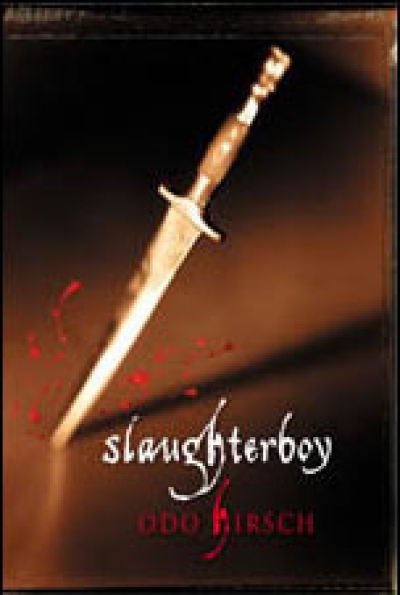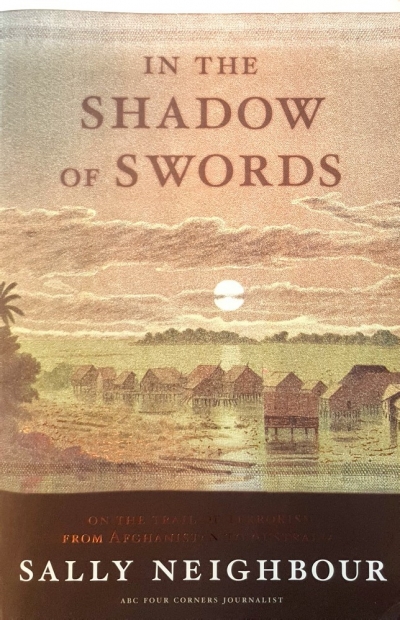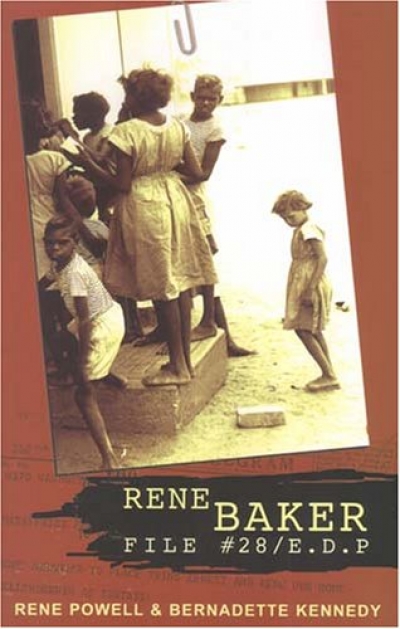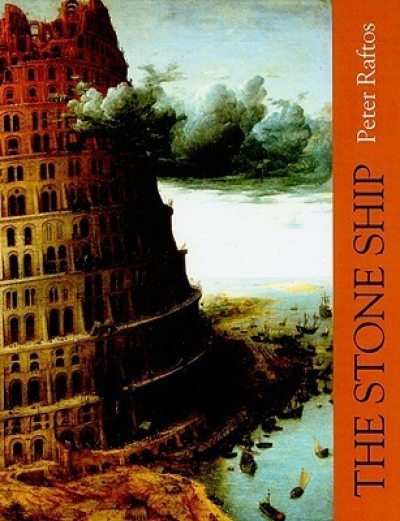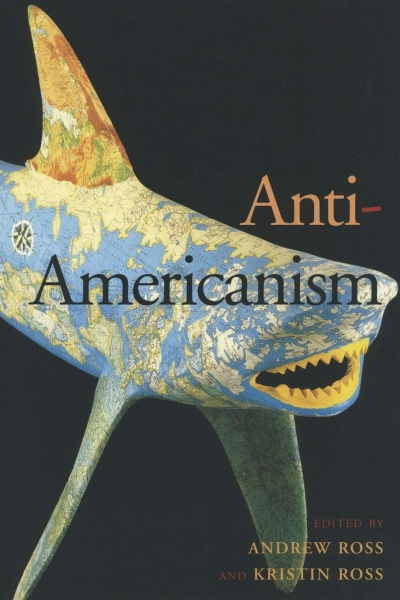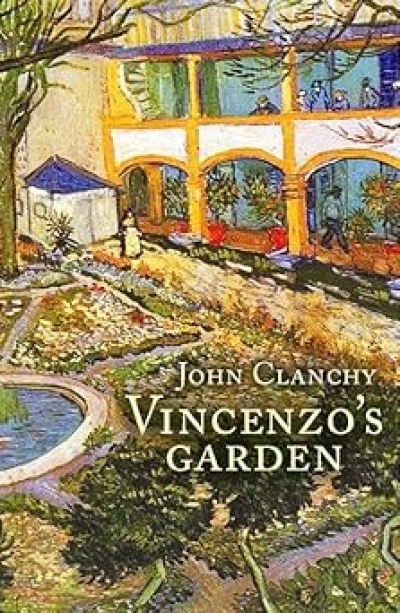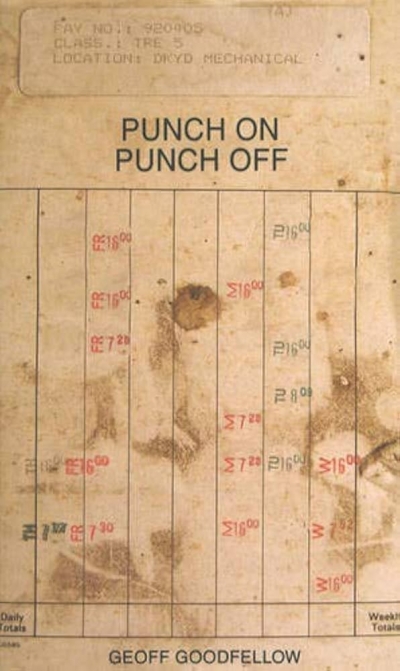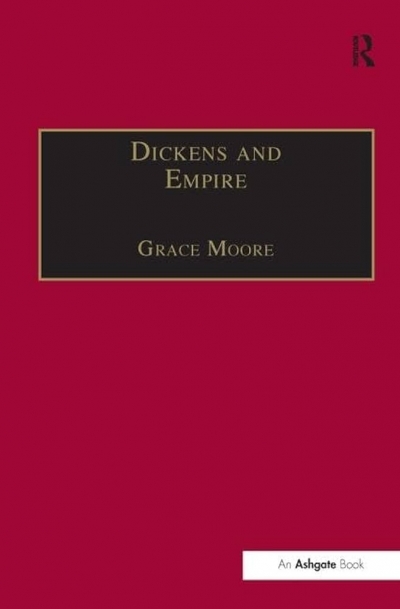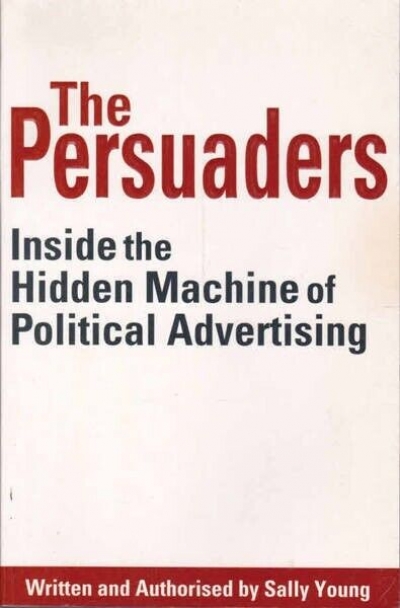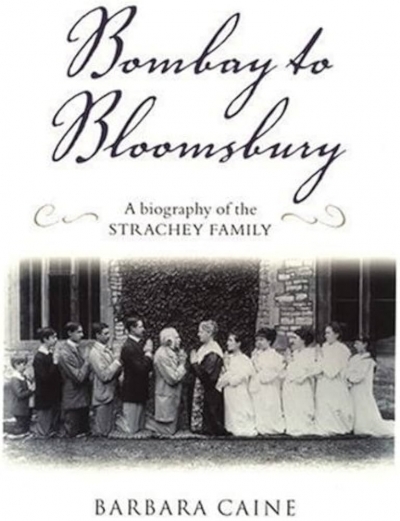Review
In the Shadow of Swords: On the trail of terror from Afghanistan to Australia by Sally Neighbour
by Vivienne Kelly •
RENE BAKER FILE #28/E.D.P. by Rene Powell and Bernadette Kennedy
by Ceridwen Spark •
Punch On Punch Off by Geoff Goodfellow & Fontanelle by Andrew Lansdown
by David Gilbey •
Dickens and Empire: Discourses of class, race and colonialism in the works of Charles Dickens by Grace Moore
by Graham Tulloch •
The Persuaders: Inside the hidden machine of political advertising by Sally Young
by Grant Bailey •
Bombay to Bloomsbury: A biography of the Strachey family by Barbara Caine
by Ian Britain •

